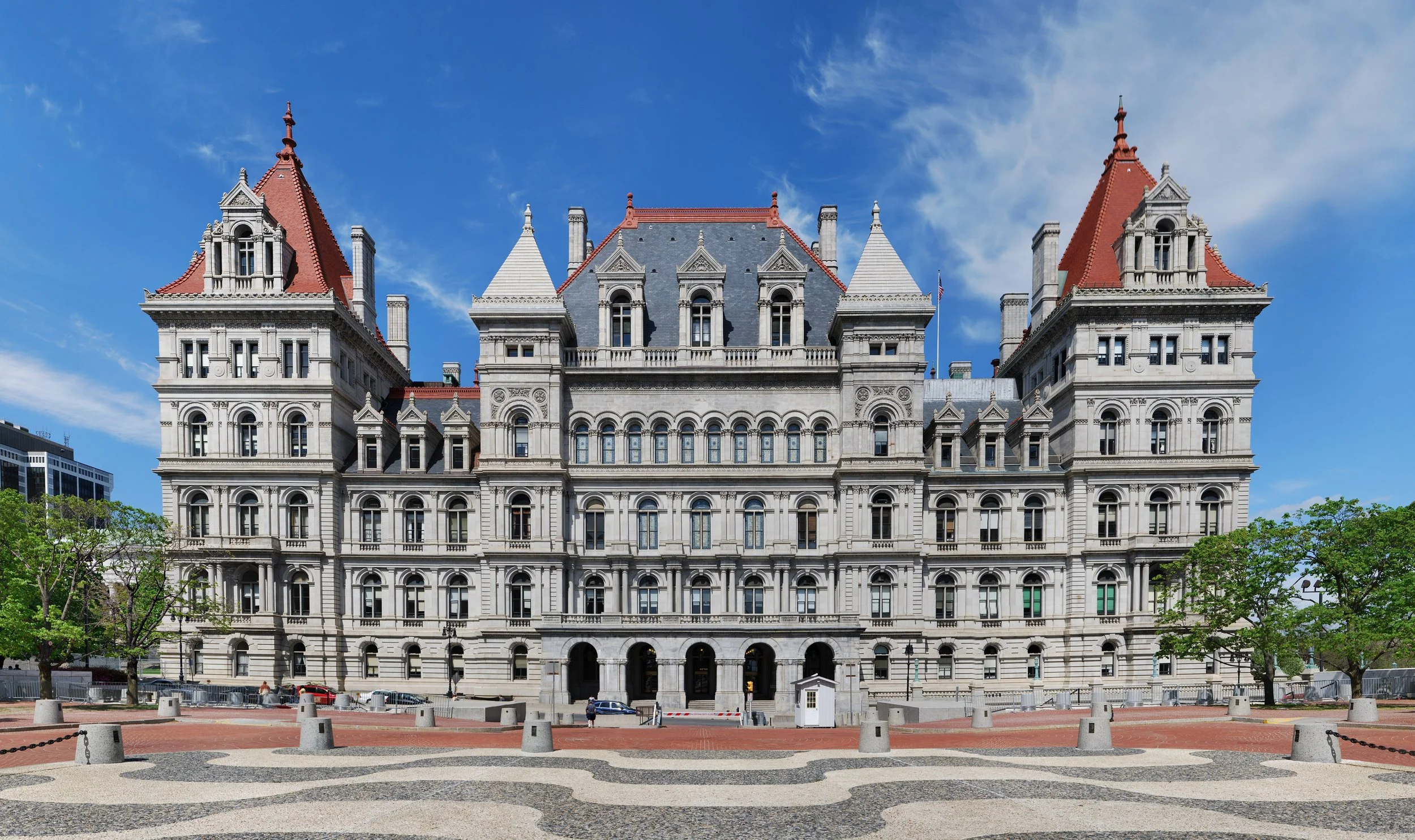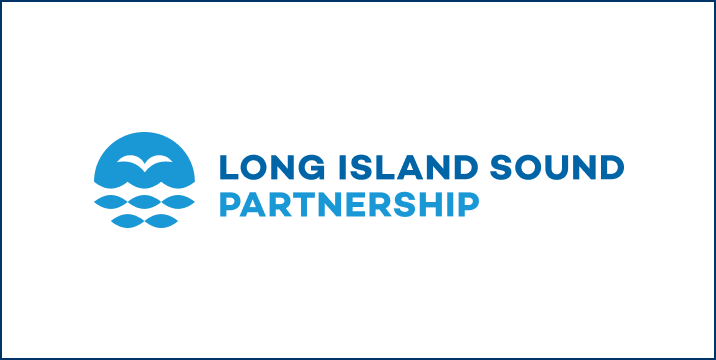Transportation Climate Initiative (TCI)
Climate change is here now!
Climate change is not a concern for the distant future; the impacts are being felt now across New York, Connecticut, and the nation. Extreme storms, hurricanes, increased flooding, rising sea levels, and higher temperatures are caused or amplified due to climate change. Superstorm Sandy was one of the most destructive storms to hit the East Coast in recent history— the National Oceanic and Atmospheric Administration estimates the cost of damage was $70 billion. Climate change also impacts our Great Lakes region, including the flooding of coastal communities, impacts to water quality, extreme weather that causes increased sewage overflows, adverse impacts to native fish species, and much more.
The transportation sector is the largest contributor of GHG emissions in the U.S.
Burning fossil fuels like gasoline and diesel release carbon dioxide, a greenhouse gas, and harmful air pollutants into the atmosphere. The transportation sector is the largest contributor of greenhouse gas emissions in the U.S. and accounts for about 29% of all U.S. greenhouse gas emissions. Cars, trucks, and aircrafts contribute more than 90% of transportation sector GHG emissions.
New York’s aging transportation system is dumping more than 80 million tons of dangerous carbon emissions—more than one third of all the state’s greenhouse gas emissions and more than any other sector—into the atmosphere every year. The transportation sector in Connecticut makes up 38% of all greenhouse gas emissions, the largest source in the state.
While local and state governments are working to reduce emissions, a coordinated regional approach is critical to transform our behavior, energy economy, and address the climate crisis.
What is the Transportation Climate Initiative (TCI)?
The Transportation Climate Initiative (TCI) is a regional approach to addressing the pollution and climate change emissions from the transportation sector. New York, Connecticut, Delaware, Maine, Maryland, Massachusetts, New Hampshire, New Jersey, North Carolina, Pennsylvania, Rhode Island, Virginia, Vermont, and the District of Columbia are working together to tackle the massive challenge of reducing climate pollution from the transportation sector on a regional level. This unprecedented collaboration seeks to improve transportation, develop the clean energy economy, and reduce carbon emissions from the transportation sector.
Participating states are working together to adopt a regional policy to improve transportation systems and reduce pollution, known as the Transportation Climate Initiative Program (TCI-P). The TCI-P would set the region’s first cap, or limit, on transportation-sector carbon pollution and require oil companies that supply polluting transportation fuels like gasoline and diesel to reduce the pollution they cause over time. The TCI-P would also require oil companies to pay for the pollution their products cause, generating billions of dollars for investment in better, cleaner transportation solutions. Each state would each decide how best to use their share of these payments to reduce emissions and provide communities, workers, and businesses with equitable, clean, safe, and affordable low-carbon transportation choices.
The status of TCI-P
In December of 2020, Massachusetts, Connecticut, Rhode Island, and the District of Columbia announced that they would be the first jurisdictions to join the Transportation & Climate Initiative Program (TCI-P). In early June 2021, these jurisdictions, in consultation with the other eight participating states, released a finished Model Rule which serves as a common framework that each participating jurisdiction will use to develop their regulations. This ensures that the implementation of TCI-P is consistent across the region in terms of regulation and enforcement.
TCI-P and New York
With the enactment of the Climate Leadership and Community Protection Act (CLCPA), New York State has stepped up as a national leader in the fight against climate change. To meet New York’s ambitious CLCPA target of an 85% reduction in greenhouse gas emission by 2050, addressing transportation emissions must be a priority for the State. Joining the TCI-P could generate up to $1.4 billion per year for New York to investment in better, cleaner transportation solutions. TCI would provide green jobs, protect the health of communities, help New York meet its CLCPA targets, and address climate change. However, New York has yet to commit to the TCI-P.
Urge Governor Hochul to commit New York to the TCI program! Please sign on and urge Governor Hochul to support an equitable and sustainable transformation of New York’s transportation sector by committing to TCI.
TCI-P and Connecticut
In late 2020, CT Governor Ned Lamont signed an MOU to commit CT to the TCI-P! Once implemented, TCI is projected to generate up to $89 million in 2023, increasing to as much as $117 million in 2032, for Connecticut to re-invest in clean transportation options and infrastructure. The number of emission allowances would decline each year, guaranteeing at least a 26 percent reduction in carbon emissions from transportation from 2022 to 2032.
In order for CT to move forward with implementation of TCI, the CT General Assembly must pass enabling legislation. Take action today and urge your elected representatives in CT know that you support TCI and urge them to pass enabling legislation without delay!









